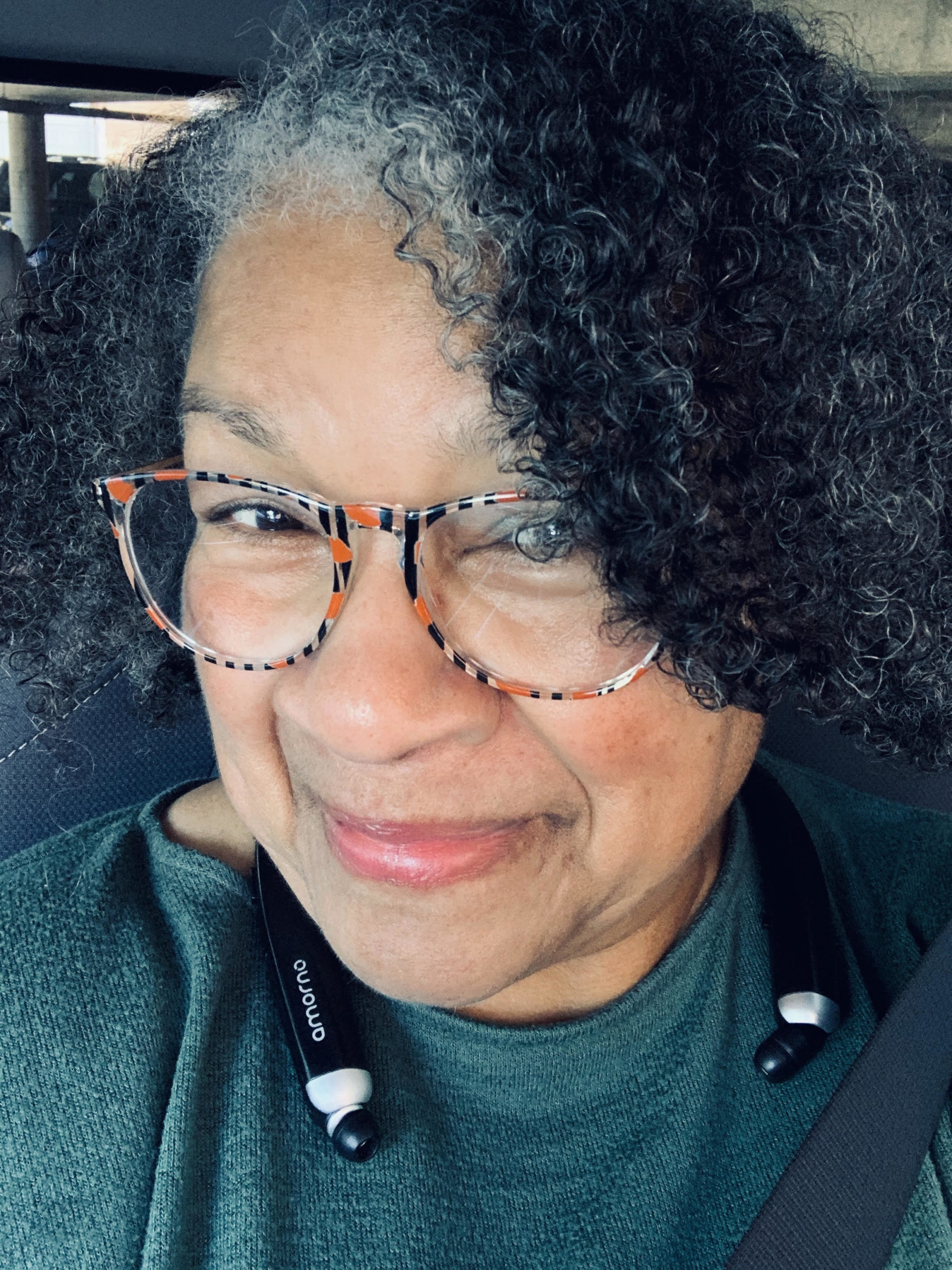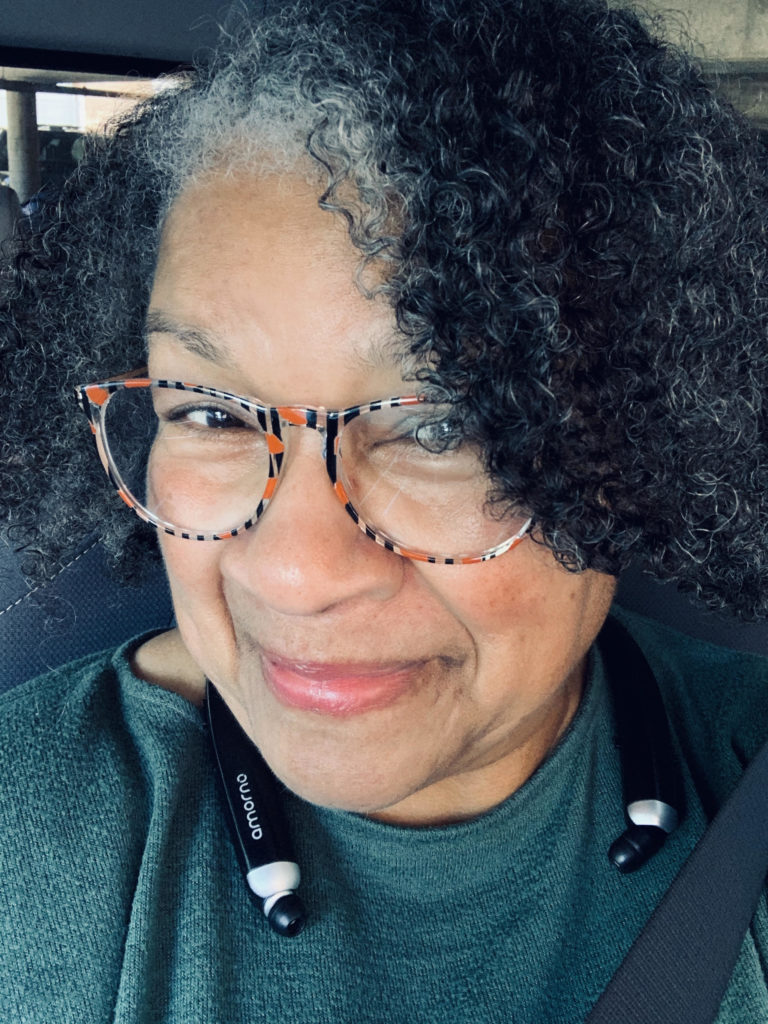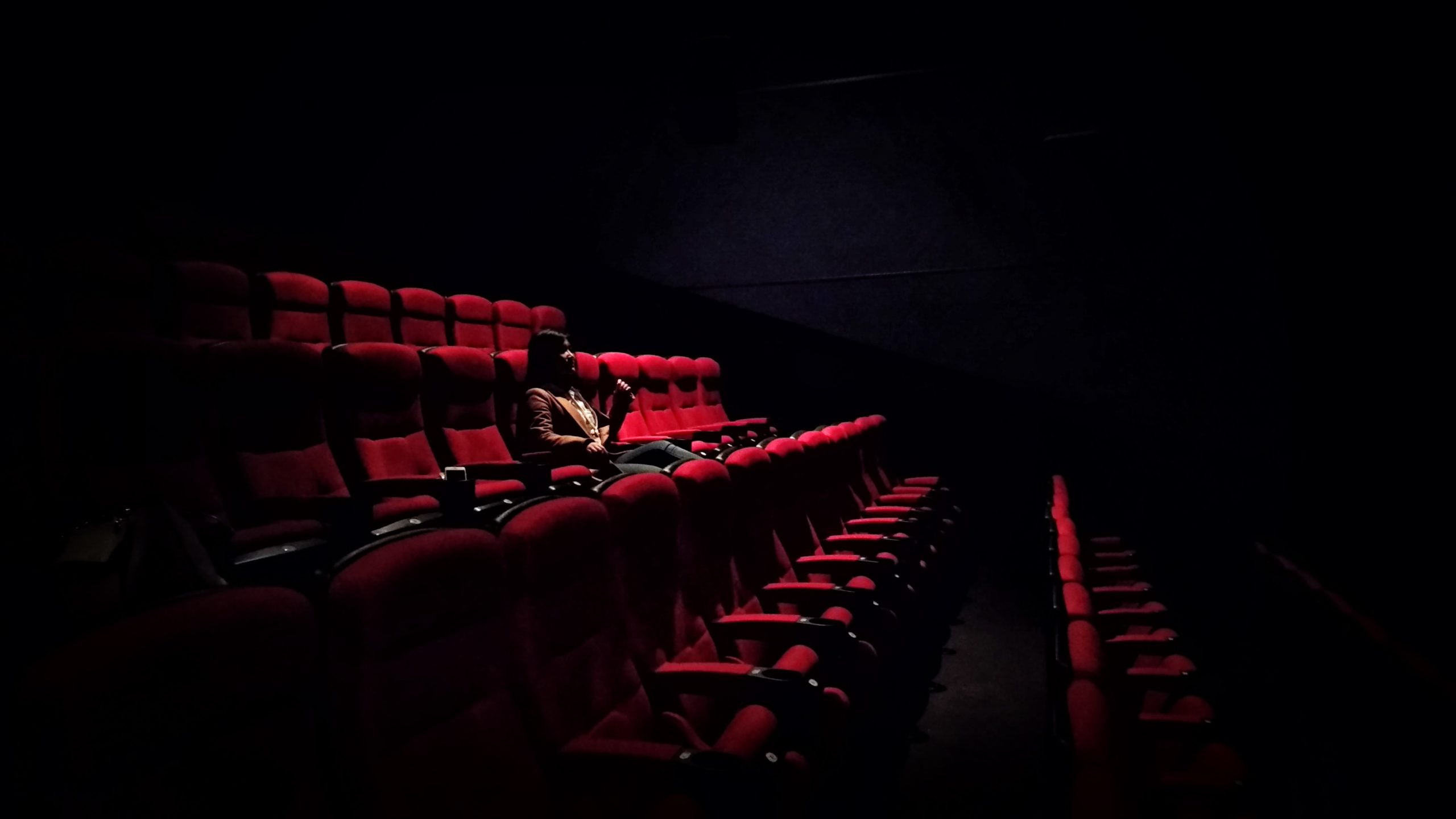
Critic Spotlight: August 2020
Professor of Humanities and Music at Mountain View College in Dallas, Texas
Outlets: Theater Jones

You have unique training for a critic. What drew you to theater criticism?
I fell in love with theater and have almost 40 years of experience. Most of this was as a musical director, but I have also served in arts administration and produced plays and musicals. My strengths are in literary analysis with a focus in dramatic literature, and in creative writing. I thought the combination of these skills might move into theater criticism.
How does musical training intersect with the way you interact with a piece of theater?
They are not so different, theater and music. Playing piano is like working the Sunday New York Times puzzle in many ways. So is mounting a production. Technical prowess is the beginning, but many more elements are required before a story emerges that has the potential to engage an audience.
Playing the “right notes” is not the same as creating a musical experience.
I do not have long slender fingers, but I can play Rachmaninoff. I cannot act either, but I know theater well enough to offer an informed opinion about the quality of a theatrical experience.
What do you feel is the role of a critic in today’s theater landscape?
I try to provide enough context for the reader so that they can decide whether this story will engage them such that they will remember the experience. That context might involve some background about the writer, or perhaps the setting. I think it is really critical that we explain why certain works are important, why it is essential to hear a particular voice at this time.
If they find themselves thinking about that piece later, chances are it was worth having gone to the theater. If a critic’s review contributes to this, it was a piece worth writing and reading.
With time to think about how to create a more equitable theater going forward, what are some important lessons we should be implementing once theater returns?
We should tell stories which reflect the world in which we live with its contemporary social conditions and issues. This requires an embrace of new works and perhaps dusting off some of the forgotten or abandoned works of the middle-20th century.
The world in which we live has the masked and the mask-less, the racists and the watchmen. Some heroes are a little sketchy and some heroines began life as male. We must be more intentional about assembling a creative team which will best design for that societal mirroring with authenticity.
And we have to erase any fear of casting people who reflect the stories and who are best prepared to tell them. Everyone wants to be seen and heard. Theater is the place where this should happen.
How does virtual theater inform this?
We are learning how to perform live theater through the virtual medium. This requires a new way of thinking about the audience. We are actually well-prepared for it because we live through social media.
The impossible happens on stage in every performance. Theater is about doing the impossible. That is why I love it so — that and the fact that the theater welcomes patchwork-quilty types in search of a place to be.
What is the best thing about the Dallas theater community?
Dallas is feisty. The theater community moves with the boldness which comes from having been too long constrained, ignored or both. Our emerging theater companies have decided, “what the hell, we’re not waiting and we are tired of begging so we are just going to do this thing.”
This persistence has created excitement and energy that has not been present since the ’80s. Emerging companies are mounting productions in their bathrooms if they have to. They are just committed to the work and figuring out how to make it happen with or without the traditional conduits of funding support. Audiences are responding. It is never as much as we want it to be, but there is buzz and it is really cool to experience.
When you review a show, what is something you’re looking for in order to determine if the work is ultimately a success or failure?
The director is responsible for developing a vision for the piece which means she/he must first understand the work. Without a clear vision, the ask of the rest of the creative team which includes the designers, and the cast, is maddeningly unfair. Too often actors are held responsible for what was actually poor direction.
What’s your desert island musical?
I adore “Hamilton.” It is complex, smart and I hear something new each time I listen to it. But my bias still resides with Stephen Sondheim and “Sweeney Todd.” It is perhaps the most difficult musical theater work in the canon. I have served as musical director for that work, so I know it well. It is a brilliant concept which presents challenges for every person involved.
Is there a review of which you are particularly proud?
Oooh. I don’t know. I’ll give you two, one of a play (“Pride and Prejudice”) and another of a musical (“Lizzie”). You decide which you find most interesting.
This interview has been edited for length. Questions posed by David John Chávez.





Sorry, the comment form is closed at this time.